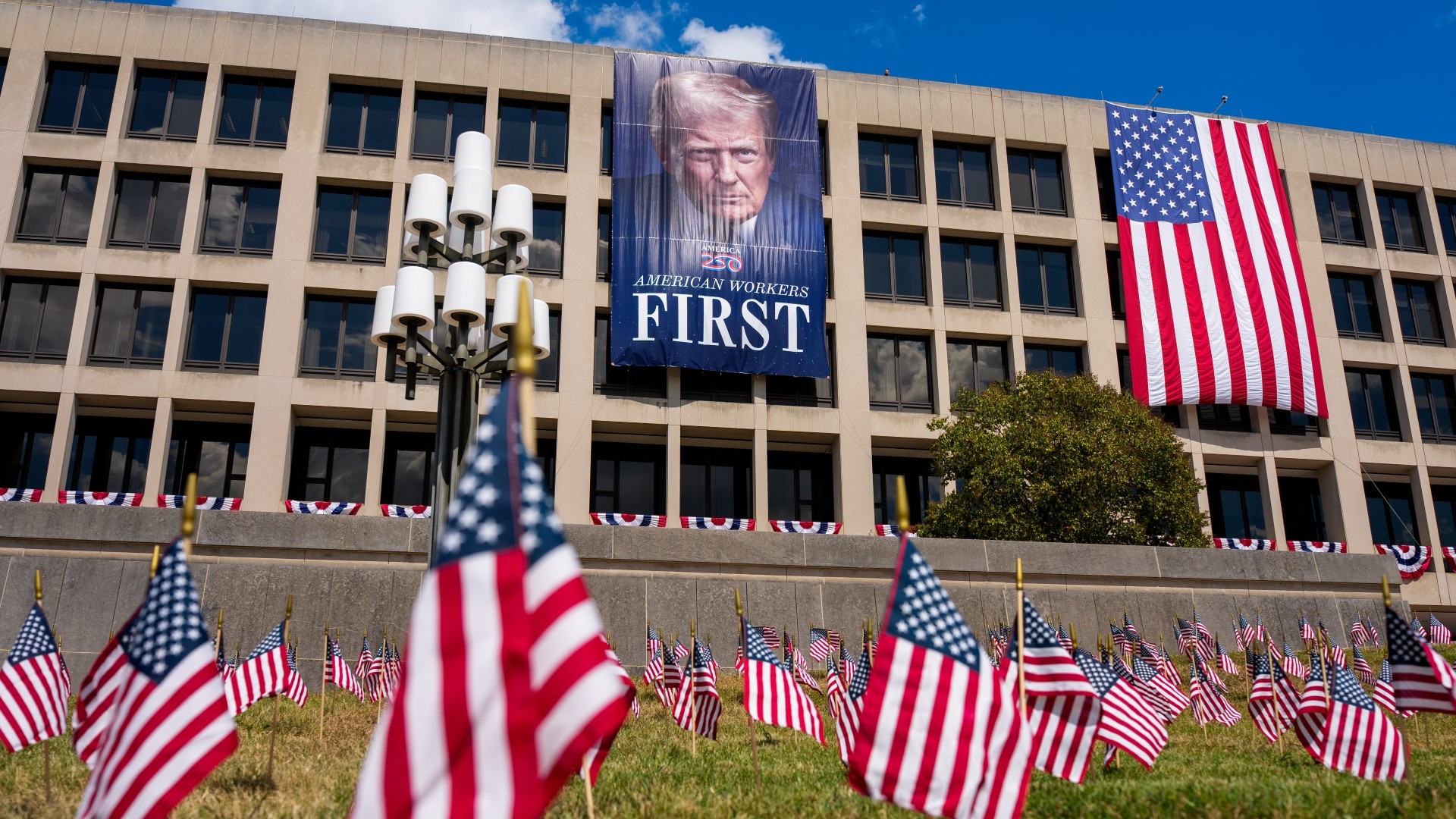Trump Is Showing Us Why the Founders Opposed Standing Armies
Photo by Andrew Harnik/Getty Images
If you know anything about American history, you’re probably familiar with the Founders’ opposition to standing armies. They didn’t want us to have an ever-present Army, Marine Corps, Navy, etc…like we do today. The reasons for that are numerous, but one of the reasons they opposed the existence of a standing army is being demonstrated by Donald Trump today.
To start, let’s look at why the Founders, generally speaking, didn’t like the idea of a standing army. The main issue at hand here was simple: They feared a standing army gave the government too much power. They were worried that this kind of power would be abused at some point in the future.
“The Founders’ central fear about standing armies was that they constituted a clear and present danger to democracy by substituting coercive authority for the rule of law,” Gautham Rao, an associate professor of history at American University, told Splinter. “A related fear was that a demagogue or dictator might use a standing army to overawe or intimidate a sitting government into submitting to their will.”
Lindsay Schakenbach Regele, a professor of history at Miami University, said that the Founders feared too much “centralized power” because of how they saw that kind of power used in the “old world.”
-

-

-

-

-

-

-

-

-

-

-

-

-

-

-

-

-

-

-

-

-

-

-

-

-

-

-

-

-

-

-

-

-

-

-

-

-

-

-

-

-

-

-

-

-

-

-

-

-

-

-

-

-

-

-

-

-

-

-

-

-

-

-

-

-

-

-

-

-

-

-

-

-

-

-

-

-

-

-

-

-

-

-

-

-

-

-

-

-

-

-

-

-

-

-

-

-

-

-

-

-

-

-

-

-

-

-

-












































































































